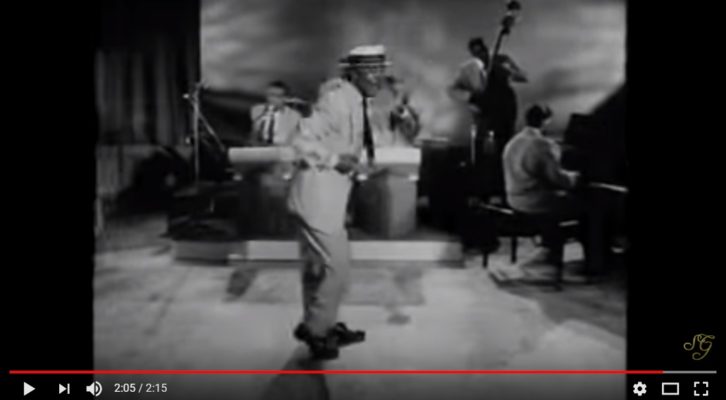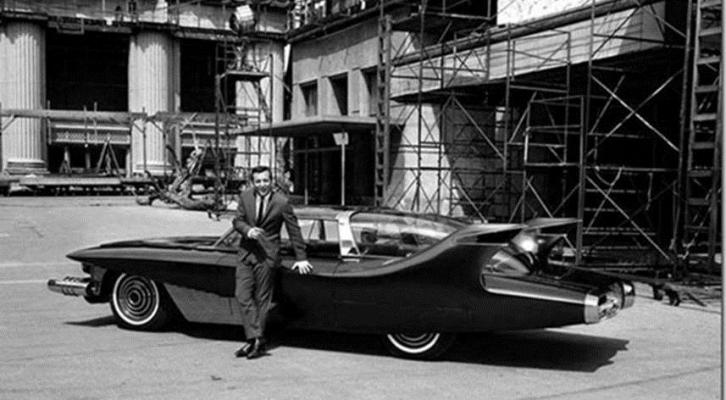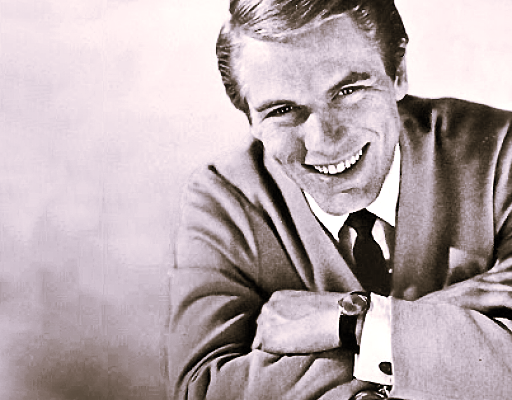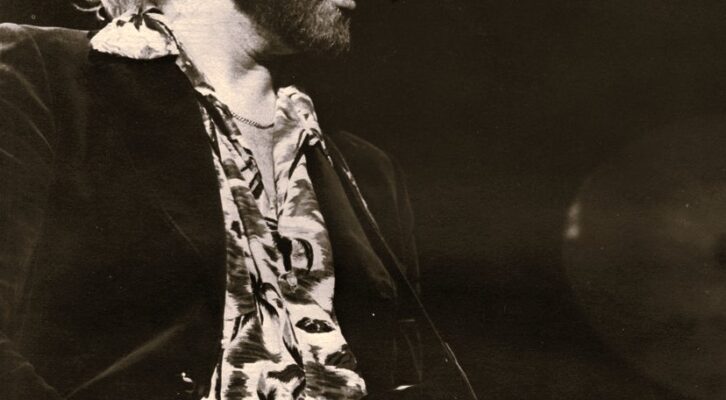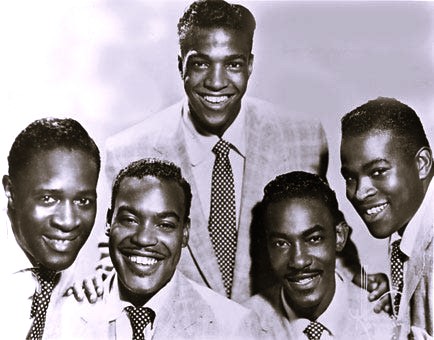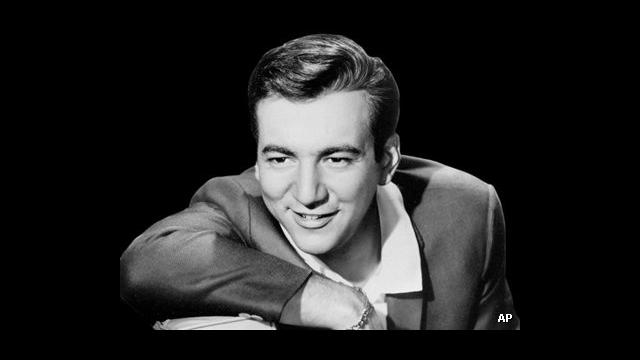What Happened Behind The Making Of Depeche Mode Condemnation?
The making of Depeche Mode Condemnation from their 1993 album Songs of faith and devotion holds a special place in the hearts of ‘90s music fans. Beyond just another one of their great musical works, the whole collection of songs symbolises the Depeche Mode history, resilience and evolution of sound.
So join us at Jukebox Saturday Night, and let’s look back at what made some of Depeche Mode’s best songs. We also feature other legendary artists, like James Brown and much more!
BTS #1: A turbulent creation process gave challenges.
Recording in Madrid brought out the band’s struggles.
The album Songs of faith and devotion, featuring Depeche Mode Condemnation, marked a pivotal moment in the band’s career.
While the album was a commercial success and added to the great Depeche Mode discography, it was also loaded with personal and professional challenges for all the members. The recording sessions took place in a rented villa in Madrid, where the band faced significant difficulties.
Martin Gore, dealing with alcoholism, felt immense pressure to follow up on the success of the album Violator. On the other hand, Dave Gahan was battling a heroin addiction, which impacted his ability to contribute consistently. Alan Wilder was also increasingly dissatisfied with the band’s dynamics, leading to internal friction.
All these issues compounded to make the recording process particularly difficult for the members, just like what happened to The Beatles in their later years.
There was a difficult studio environment.
The tight quarters in Madrid amplified tensions, leading to frequent conflicts.
Despite these challenges, Gahan managed to hide the extent of his addiction from his bandmates. Yet, the band struggled to collaborate effectively, resulting in a slow recording process. Producer Flood even faced his own struggles, experiencing significant stress as he tried to keep the project on track.
It was only fitting that they relocated to Hamburg since it provided a more focused and productive environment. Here, Gahan’s struggles with addiction became more apparent to the band, but they pushed forward to complete the album, including the iconic Depeche Mode Condemnation.
The move was necessary to mitigate some of the internal conflicts, streamline their creative process and ultimately secure their spot in electronic music, dark wave and alternative rock heaven.
BTS #2: The band was slowly changing and evolving their sound.
Gahan had a great influence on Depeche Mode’s musical direction.
Dave Gahan was deeply inspired by Southern California’s alternative rock scene and pushed for a rock-oriented sound, a departure from their previous works. Martin Gore and Alan Wilder, on the flip side, aimed for a looser and more spontaneous sound without directly replicating their album, Violator.
This led to extensive musical experimentation, incorporating elements from alternative rock and industrial music that were new territory for the band. Songs like ‘Rush’ and ‘I feel you’ embodied these new directions, presenting a more aggressive and experimental sound.
There were key tracks that had deep significance.
The song ‘Condemnation’ stood out for Gahan, becoming a personal favourite. This track showcased his vocal growth and emotional depth, with lyrics reflecting themes of judgement and redemption. It ended up resonating deeply with both the band and even listeners all around the web today.
‘In your room’ captured the album’s dark and introspective mood, touching on themes related to vulnerability and inner conflict. Much like the others, this track reflected the band’s willingness to enter into complex emotional landscapes during turbulent times.
The song ‘Judas’ featured complex musical arrangements and looked at concepts of sacrifice and betrayal, adding another layer of depth to the album’s narrative and also Depeche Mode music as a whole. Each track on the album contributed to its overarching theme and emotional intensity.
BTS #3: The album Songs of faith and devotion resulted in a big aftermath.
Alan Wilder departed the band.
Just as Dik Evans’ departure became a turning point for U2, so did Wilder’s departure from Depeche Mode.
Wilder, feeling increasingly frustrated with the band’s internal mechanics and dynamics, chose to part ways with the other Depeche Mode members. Although Alan Wilder’s decision was peaceful, it underscored underlying issues that had been brewing within the group for some time, perhaps even before the making of Depeche Mode Condemnation.
It was the end of a chapter for the band.
Wilder’s exit left a void in the band’s lineup, as he had been a crucial member contributing to their unique sound and technical proficiency. The remaining members had to redirect themselves after this departure and reassess their future.
The album Songs of faith and devotion holds an important legacy.
Even with the numerous challenges faced during its creation, the album was excellent and there was always Depeche Mode Condemnation critical reception.
The song’s release date in 1993 follows the alternative rock preference, which is a clear departure from the post-seventies jukebox wave. As for the whole album, it was a potent reflection of the band’s struggles and artistic achievements during a tumultuous period.
Its themes of faith, devotion and human frailty deeply resonate with fans, making it an enduring piece of art. It also captures a unique moment in the band’s history, blending turmoil with creativity.
Frequently Asked Questions (FAQ)
What is the meaning behind Depeche Mode’s song ‘Condemnation’?
When it comes to the Condemnation lyrics meaning, the song tackles themes of judgement, personal conviction and the tension between societal norms and individual authenticity. The passionate words portray a person facing scrutiny, symbolised by a trial, yet standing firm in their own moral truth.
The song critiques superficial judgments, advocating empathy and self-belief.
How did ‘Condemnation’ perform on the charts?
Released on September 13, 1993, as the third single from Songs of faith and devotion, Depeche Mode Condemnation achieved significant chart success. Compared to some pieces from forgotten 70s bands, it peaked at number 9 on the UK Singles Chart and topped the charts in Portugal. The song also performed strongly at number 5 in Finland and number 3 in Sweden, reflecting its wide appeal.
What influence did ‘Condemnation’ have on Depeche Mode’s career?
Depeche Mode Condemnation was key to the band’s overall evolution, showcasing a shift towards gospel and rock influences while slightly diverging from their earlier electronic sound. This track also allowed Dave Gahan to try out a grittier vocal style, reinforcing the band’s musical identity.
At the end of the day, their emotional depth and live performances helped cement their legacy.
We at Jukebox Saturday Night keep our beloved music alive.
This project was born out of a passion shared by a small group of friends and has blossomed into a beloved show with a committed fan base. Founded by Ken Sparkes, who dedicated his life to bringing authentic rock ‘n’ roll to TV screens, Jukebox Saturday Night continues to showcase hits from all kinds of genres popular in the ‘50s to ‘90s.
Come listen and rediscover your favourite artists with us today!
Disclaimer: The information provided is for educational and entertainment purposes only. While we strive for accuracy, music history is often based on available documentation and interpretation.









